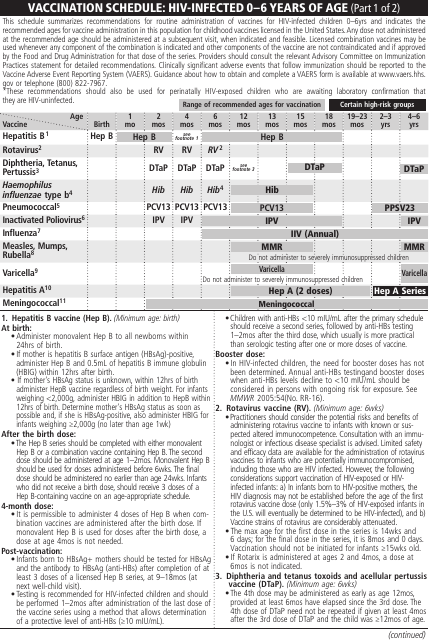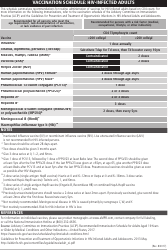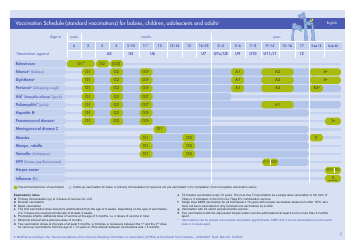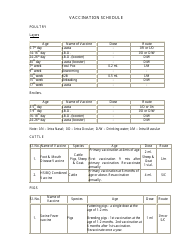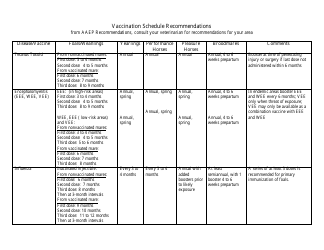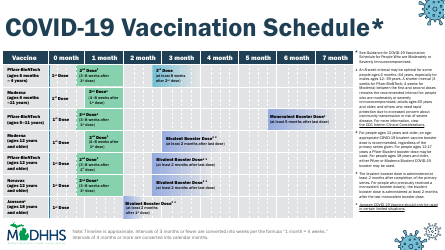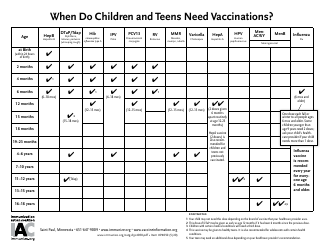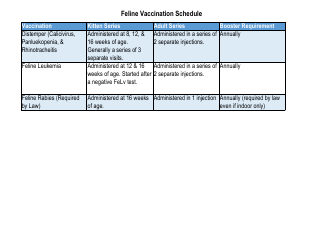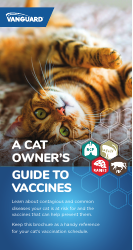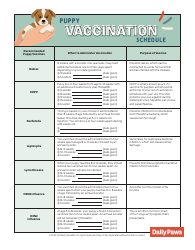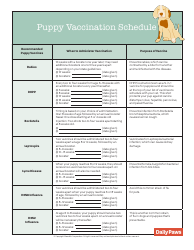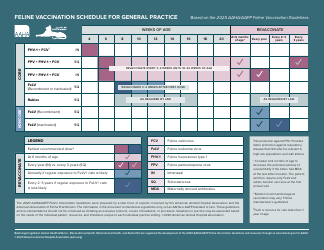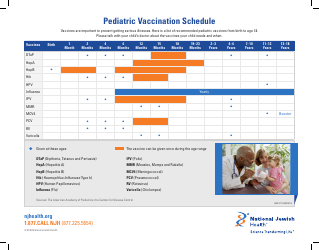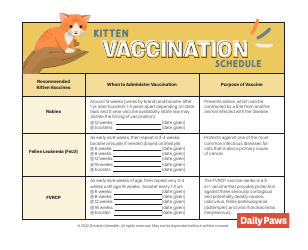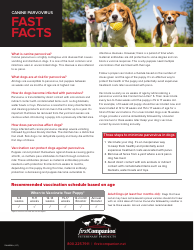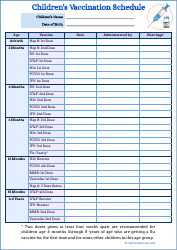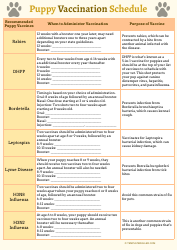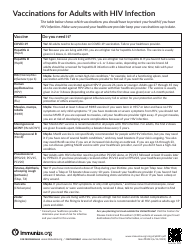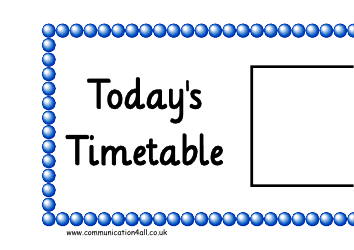Vaccination Schedule: HIV-Infected 0-6 Years of Age
The vaccination schedule for HIV-infected children aged 0-6 years is designed to provide immunization against preventable diseases and reduce the risk of complications from infections. It helps boost the immune system and protect against specific diseases like Hepatitis B, Haemophilus influenzae type b, and others.
In the United States, the Centers for Disease Control and Prevention (CDC) provides the vaccination schedule for all individuals, including HIV-infected children aged 0-6 years. However, it is recommended that HIV-infected individuals consult with their healthcare providers for specific guidance on vaccinations.
FAQ
Q: What is the vaccination schedule for HIV-infected children aged 0-6?
A: The vaccination schedule for HIV-infected children aged 0-6 follows the standard vaccine recommendations, with a few additional considerations.
Q: What additional vaccinations are recommended for HIV-infected children aged 0-6?
A: For HIV-infected children aged 0-6, additional vaccinations against diseases such as hepatitis A and B, influenza, pneumococcal disease, and meningococcal disease may be recommended.
Q: Why are additional vaccinations recommended for HIV-infected children?
A: HIV infection weakens the immune system, making children more susceptible to infections. Additional vaccinations help protect them from serious illnesses.
Q: Is it safe for HIV-infected children to receive vaccines?
A: Yes, it is generally safe for HIV-infected children to receive vaccines. However, there may be certain vaccines that need to be avoided or postponed depending on the child's individual condition and medical history. It is best to consult with a healthcare provider to determine the appropriate vaccinations.
